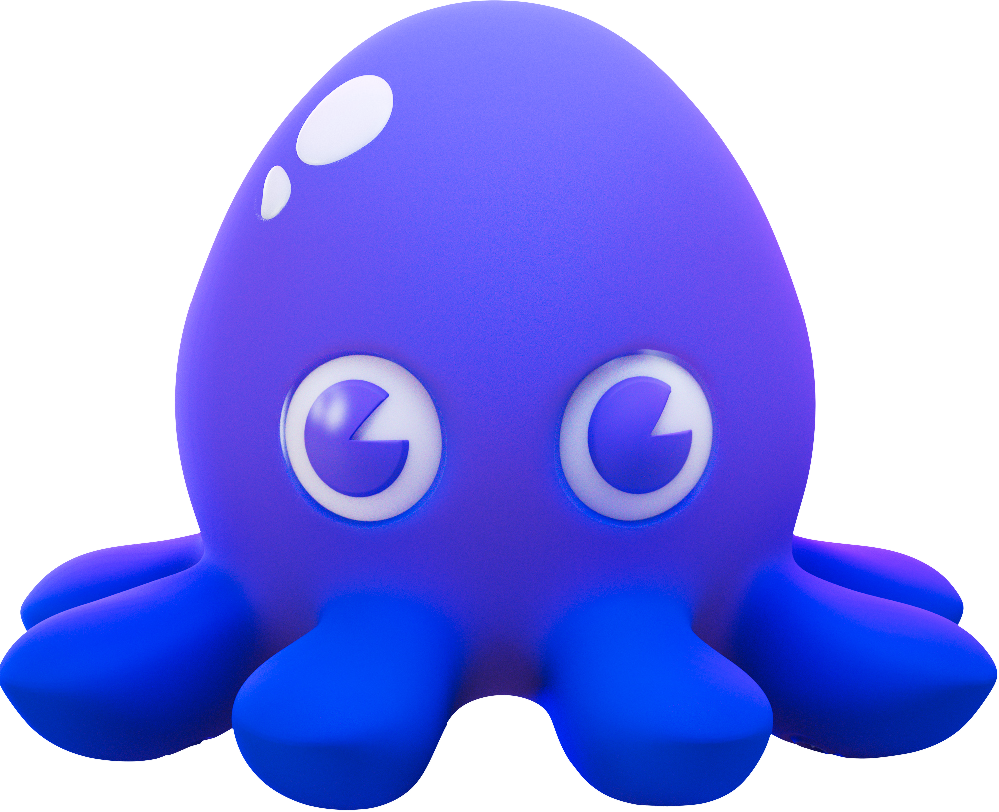Product Docs
-
-
-
-
-
-
-
- chainctl
- chainctl auth
- chainctl auth configure-docker
- chainctl auth login
- chainctl auth logout
- chainctl auth pull-token
- chainctl auth status
- chainctl auth token
- chainctl config
- chainctl config edit
- chainctl config reset
- chainctl config save
- chainctl config set
- chainctl config unset
- chainctl config validate
- chainctl config view
- chainctl events
- chainctl events subscriptions
- chainctl events subscriptions create
- chainctl events subscriptions delete
- chainctl events subscriptions list
- chainctl iam
- chainctl iam account-associations
- chainctl iam account-associations check
- chainctl iam account-associations check aws
- chainctl iam account-associations check gcp
- chainctl iam account-associations describe
- chainctl iam account-associations set
- chainctl iam account-associations set aws
- chainctl iam account-associations set gcp
- chainctl iam account-associations unset
- chainctl iam account-associations unset aws
- chainctl iam account-associations unset gcp
- chainctl iam folders
- chainctl iam folders delete
- chainctl iam folders describe
- chainctl iam folders list
- chainctl iam folders update
- chainctl iam identities
- chainctl iam identities create
- chainctl iam identities create github
- chainctl iam identities create gitlab
- chainctl iam identities delete
- chainctl iam identities describe
- chainctl iam identities list
- chainctl iam identities update
- chainctl iam identity-providers
- chainctl iam identity-providers create
- chainctl iam identity-providers delete
- chainctl iam identity-providers list
- chainctl iam identity-providers update
- chainctl iam invites
- chainctl iam invites create
- chainctl iam invites delete
- chainctl iam invites list
- chainctl iam organizations
- chainctl iam organizations delete
- chainctl iam organizations describe
- chainctl iam organizations list
- chainctl iam role-bindings
- chainctl iam role-bindings create
- chainctl iam role-bindings delete
- chainctl iam role-bindings list
- chainctl iam role-bindings update
- chainctl iam roles
- chainctl iam roles capabilities
- chainctl iam roles capabilities list
- chainctl iam roles create
- chainctl iam roles delete
- chainctl iam roles list
- chainctl iam roles update
- chainctl images
- chainctl images diff
- chainctl images history
- chainctl images list
- chainctl images repos
- chainctl images repos list
- chainctl packages
- chainctl packages versions
- chainctl packages versions list
- chainctl update
- chainctl version
Open Source
Education
Management and Maintenance
After the initial global configuration and build configuration the use of Chainguard Libraries for Java is transparently in progress. Newly use artifacts from new projects or new artifact versions are automatically retrieved from the Chainguard repository as they are available and the Maven Central Repository and other configure repositories serve as backstop to provide any additionally needed artifacts.
The following sections detail optional management, maintenance, and auditing steps on the repository manager and the build tool.
Source Verification
You can verify what artifacts are retrieved from the Chainguard Libraries repository on a global level:
- Browse the
chainguardproxy repository on your Artifactory or Nexus server. - Access the Packages tab of the repository on your Cloudsmith instance.
Filter the package list with the tag value with the name for your upstream
proxy for Chainguard, for example
tag:chainguard. The tag uses the name of the upstream proxy, with spaces replaced with dashes.
Use the browsing access to locate specific artifacts and identify their name, filesize, checksum values, timestamp and other identifiers. With these details you can verify your libraries use in the following locations:
- Local cache repositories on developer workstation
- Cache repositories in your CI pipeline
- Libraries in your application bundles
- Installed applications on your hosts or in your container images
Increase Chainguard Library Use
The number of available artifacts in Chainguard Libraries for Java increases over time. If an artifact was already retrieved from the Maven Central Repository and is available in your repository manager or local repository it is not automatically replaced with the equivalent Chainguard Library version.
You can force a download of new libraries by erasing them from your local repositories on your workstations and the Maven Central proxy repository in your repository manager. Both these repositories are caches only and it is therefore safe to delete them.
After the deletion any new build retrieves the artifact again and attempts to download from the Chainguard repository. As a result, newly available artifacts replace old artifacts that originated from Maven Central and your use of Chainguard Libraries increased.
For a more fine-grained approach you can also delete subsections of local repositories and the proxy repositories.
Last updated: 2025-04-03 09:09

